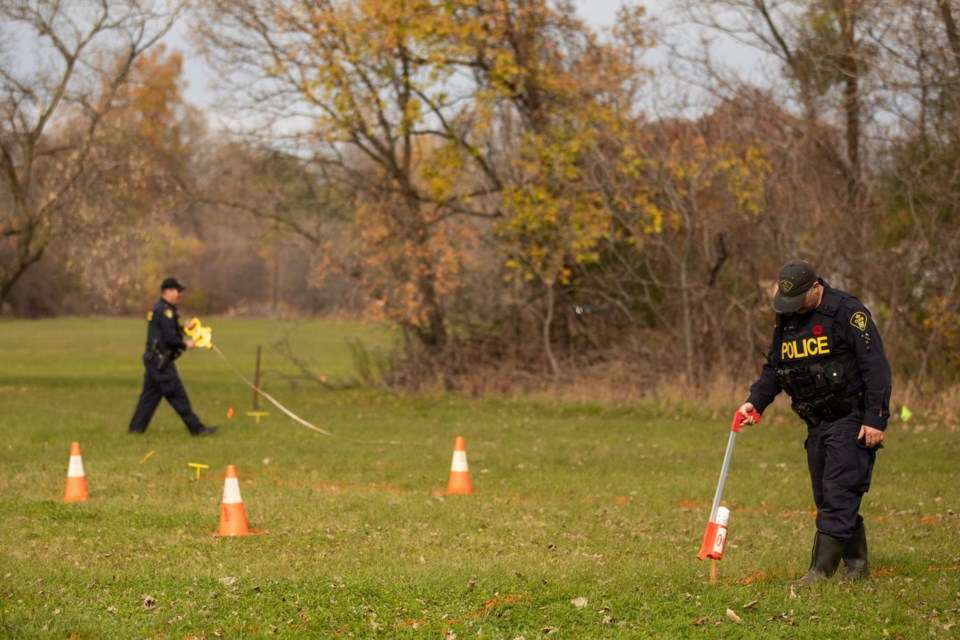OTTAWA — The federal government is backtracking on a move to limit funding for searches of former residential school grounds.
Crown-Indigenous Relations Minister Gary Anandasangaree said in a statement Friday the government has heard concerns from Indigenous leaders and communities "loud and clear."
Communities could previously receive up to $3 million per year through the Residential Schools Missing Children Community Support Fund, but the government had moved to cap funding at $500,000.
Anandasangaree said the government will now lift that cap and remove planned restrictions on the funding, which goes toward locating burial sites at former residential schools and identifying children who never returned.
The recent changes, he said, "fell short of our solemn commitment to finding the children."
The Assembly of Manitoba Chiefs was among the groups that had decried the change, with deputy grand chief Betsy Kennedy calling the decision "not only disheartening but also disrespectful to the survivors and families affected by the residential school system."
Anandasangaree said in the statement Friday the government’s intention was to fund as many initiatives as possible but it made a mistake in not being flexible enough. "Communities know best what is needed to undertake this important work, on their own terms," he said.
The Manitoba organization said the government's reversal marked a "significant moment."
"The government's acknowledgment of the need for flexibility and responsiveness to the concerns of First Nation communities underscores the importance of dialogue and collaboration in addressing the painful legacy of residential schools," it said in a statement Friday.
The community support fund was created in the wake of Tk’emlups te Secwépemc First Nation's report in 2021 about 215 anomalies found on the grounds of a former residential school in Kamloops, sa国际传媒, reinvigorating the national conversation about the history and legacy of residential schools.
This report by The Canadian Press was first published Aug. 16, 2024.
Anja Karadeglija, The Canadian Press



